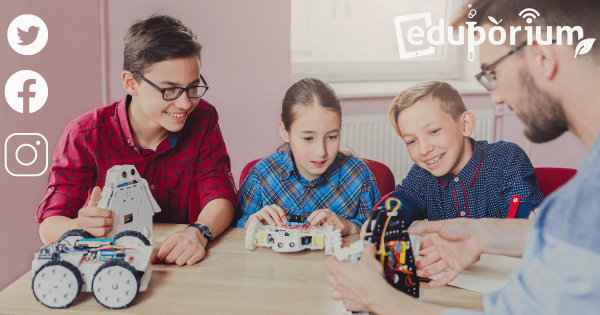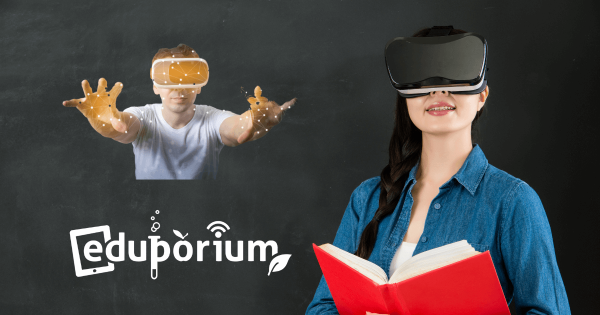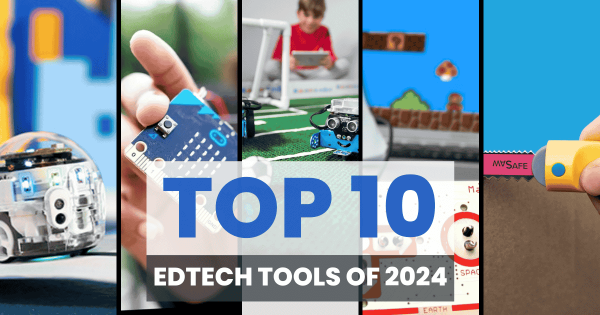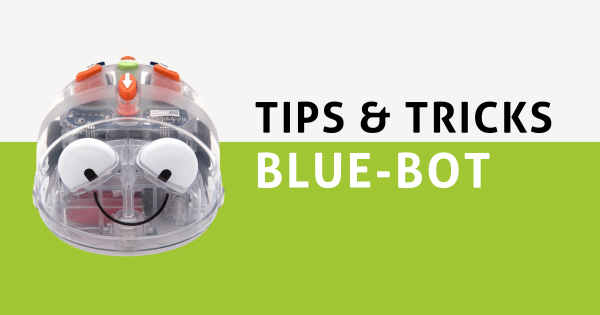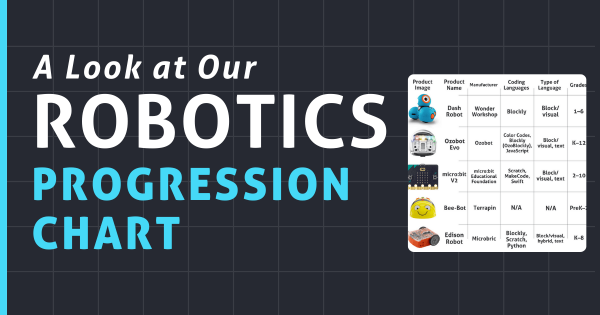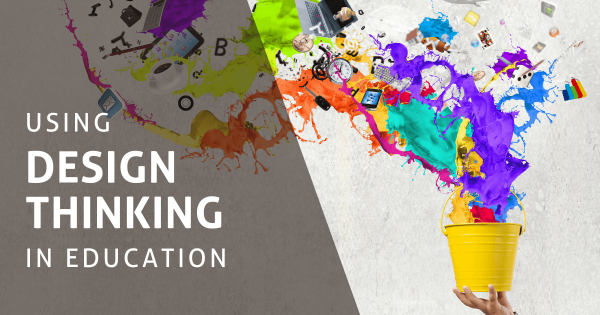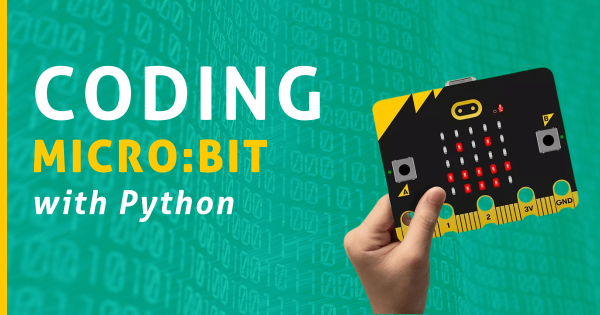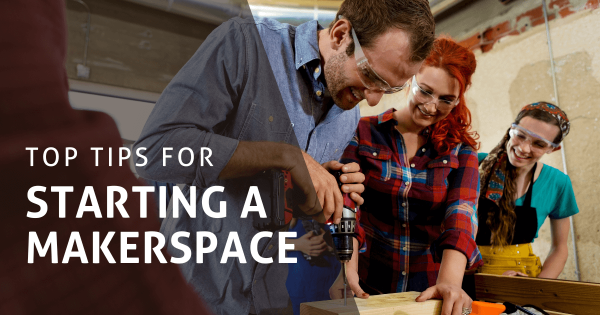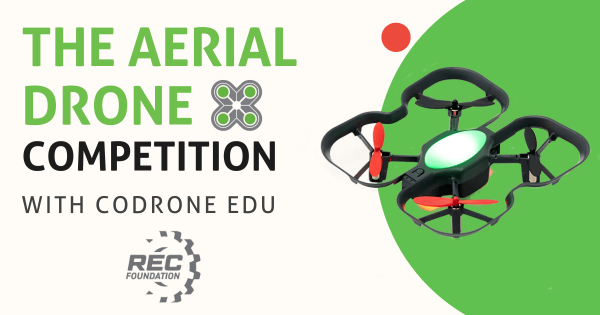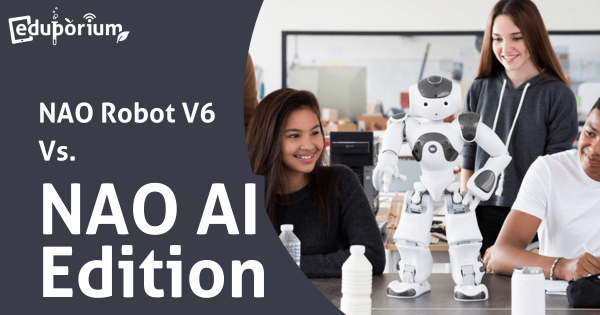As we close the book on 2018 and look forward to 2019, we’re extremely thankful for the community of educators we continue to build. Whether it’s by appearing at educational conferences or events or through our social media initiatives, we’re proud of the community of educators you’ve helped us build!
Search results for '8 educationa'
-
5 Educational VR Systems you Need in your Classroom
Virtual reality is coming. And, it’s coming quicker than most of us realize. Even in education, virtual reality is finding its way into the classroom and offering students the chance to explore learning with a technology that’s unlike anything else. With its immersive capabilities and incredibly vivid graphics, VR is poised to disrupt education. -
Top 10 EdTech And STEAM Tools Of 2024
Here are the most sought-after STEAM tools of the year—tools that helped the Eduporium family teach everything from magical makerspace moments to amazing coding creations. The Ozobot and Bee-Bot helped to foster CS skills, while Glowforge’s laser printers enlivened makerspaces, Expeditions 2.0 put kids right in the action, and the micro:bit V2 made learning flexible. -
Tips & Tricks | Blue-Bot Coding, Instructions, And Lesson Plans
Within the Blue–Bot app, there are two different modes: explore mode and challenge mode. Using either mode, kids can access the same directional buttons they’ve used with the Bee–Bot along with a few new features, like 45-degree turns and digital capabilities. Read on to learn how this slightly more advanced early elementary robotics tool can impact STEM learning. -
Classroom Robots: A Look At Our Robotics Progression Chart
A large percentage of parents and K–12 teachers are aware that computer science and STEM education can impact children starting at a very young age. They may not, however, have all the key information when it comes to how to facilitate these learning experiences. From kindergarten up through high school, these robotics tools help kids progressively develop CS skills. -
Eduporium Weekly | Using Design Thinking In Education
To create environments and experiences that are conducive to helping kids build design thinking skills, there are a few key areas that educators should focus on. Since a K–12 makerspace, for example, is a notably open-ended environment, combining play-based exploration with design thinking could be effective, especially when compared to traditional instruction. -
Coding micro:bit With Python: How To Get Started
When students are ready to transition from block to text coding languages with micro:bit, MicroPython has helpful hints and troubleshooting tips to guide them. Use the References and API to find out everything micro:bit can do, then use the Error Highlighter to fix mistakes. Finally, find out how well the code works using one of two micro:bit simulators. -
Eduporium Weekly | Top Tips For Starting A Makerspace
One of the best things about school makerspaces is that so many different events can foster productive learning experiences. Since maker learning is so closely connected to 21st century development, MakerEd activities and exploration remain popular with both students and teachers. So, if you are looking to start a makerspace in your school, what are key things to know? -
Experience The REC Aerial Drone Competition With CoDrone EDU
The Aerial Drone Competition is one of the most popular educational drone events in America and the CoDrone EDU is one of few drones approved for the competitions. In this blog, we'll explain how to register teams for drone events, why the CoDrone EDU is well-suited for competition requirements, and how to be successful in each of the four piloting -
The NAO Robot V6 Vs. The NAO AI Edition
The NAO is the most powerful and capable humanoid robot for education. But its latest version the V6, has two editions: Standard and AI. Which one is right for your classroom? Whether you prefer a Standard NAO with many coding options or an AI-enabled NAO with chatbot integration and the new Presentation Mode, this robot will enrich any classroom.



